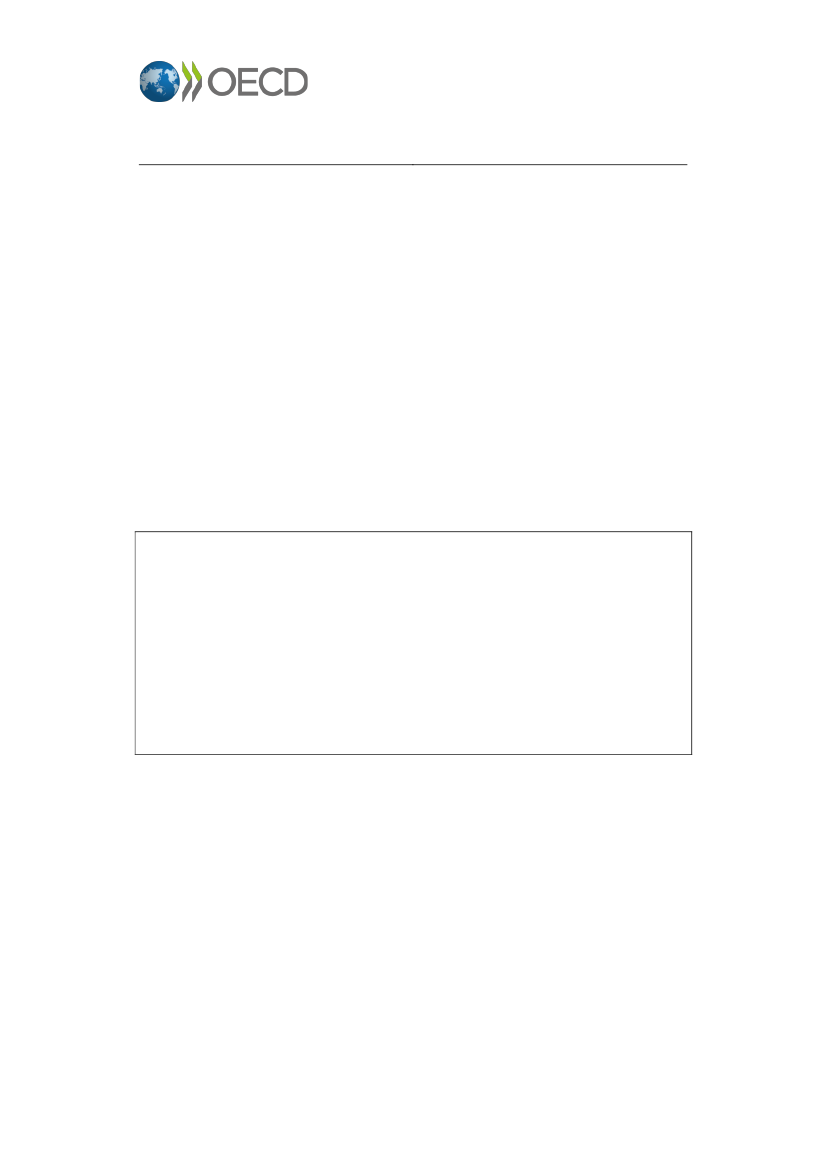
Organisation for Economic Co-operation and Development
DCD/DAC/AR(2024)3/5
Unclassified
DEVELOPMENT CO-OPERATION DIRECTORATE
DEVELOPMENT ASSISTANCE COMMITTEE
English - Or. English
23 January 2025
Peer Review
Mid-term Review of Denmark 2024
The mid-term review of Denmark was conducted in 2024 following the 2021 peer review.
JT03558656
OFDE
This document, as well as any data and map included herein, are without prejudice to the status of or sovereignty over any territory, to the
delimitation of international frontiers and boundaries and to the name of any territory, city or area.